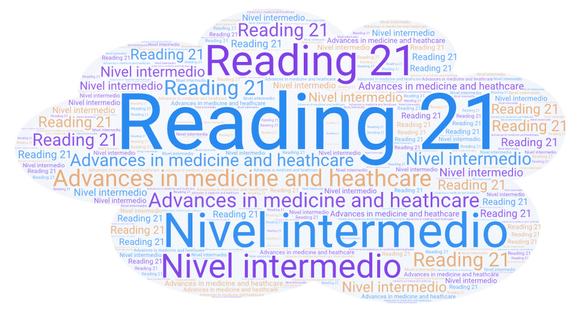Descripción: "Descubre avances clave en medicina y salud, desde registros electrónicos hasta inteligencia artificial. ¡No te pierdas nuestro cuestionario para poner a prueba tus conocimientos!"

Advances in Medicine and Healthcare
In recent years, significant advances in medicine and healthcare have revolutionized the way we diagnose, treat, and prevent various medical conditions. These developments have not only improved patient outcomes but have also increased the overall quality of healthcare services.
One of the key advancements in healthcare is the integration of technology into medical practice. Electronic health records (EHRs) have streamlined patient data management, making it easier for healthcare professionals to access and update patient information. Additionally, telemedicine has gained popularity, allowing patients to consult with healthcare providers remotely, saving time and resources.
Furthermore, medical research has led to breakthroughs in the treatment of chronic diseases. Targeted therapies and immunotherapy have emerged as effective treatments for cancer, offering patients better survival rates and fewer side effects. Similarly, the development of personalized medicine has allowed for tailored treatment plans based on an individual's genetic makeup, optimizing the chances of successful outcomes.
Another remarkable advancement is in surgical procedures. Minimally invasive surgeries, such as laparoscopy, have reduced patient recovery times and post-operative pain significantly. Robotic-assisted surgery systems have enhanced the precision of complex procedures, minimizing the risk of complications.
The utilization of artificial intelligence (AI) and machine learning has also played a pivotal role in healthcare. These technologies analyze vast amounts of medical data to assist in diagnosing diseases and predicting patient outcomes. They have improved diagnostic accuracy and enabled early disease detection.
In addition to treatment, preventive medicine has also evolved. Vaccination programs and public health campaigns have been successful in controlling infectious diseases. Lifestyle interventions and health monitoring devices have encouraged individuals to take a proactive approach to their well-being.
